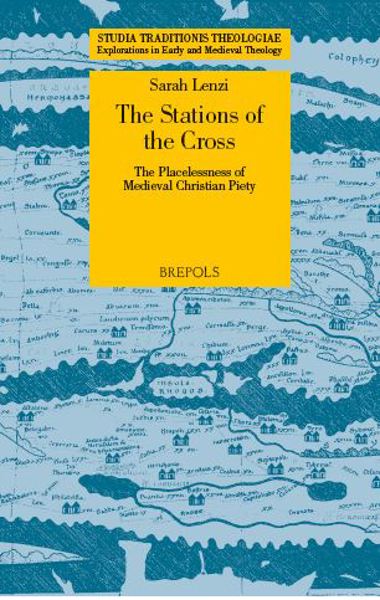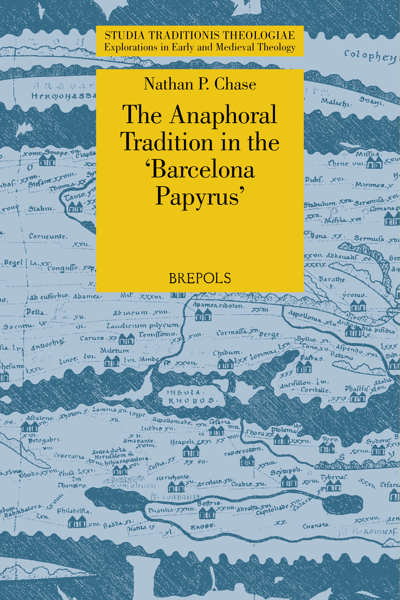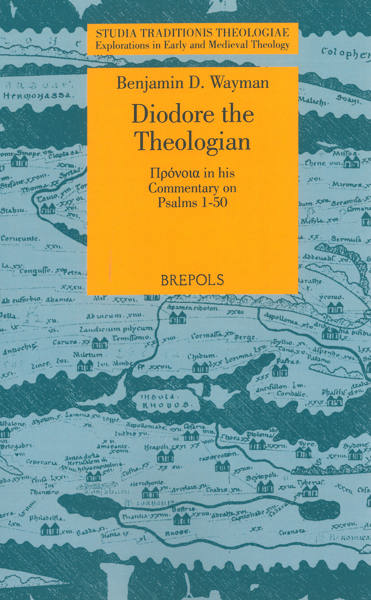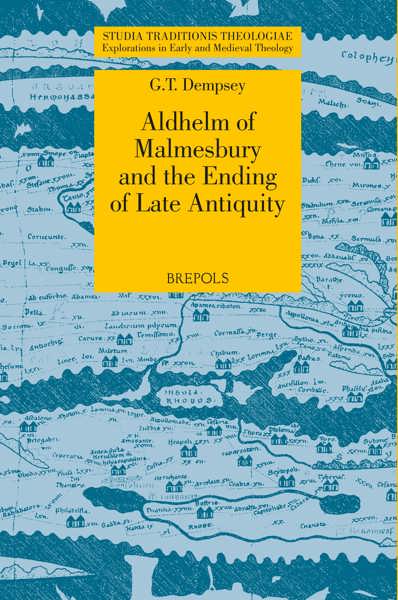
The Discovery of the Individual
Post-Chalcedonian Christological Debates and the Dawn of Scholasticism in Early-Byzantine Thought
Anna Zhyrkova, Marcin Podbielski
- Pages: 664 p.
- Size:156 x 234 mm
- Language(s):English
- Publication Year:2026
- € 120,00 EXCL. VAT RETAIL PRICE
- ISBN: 978-2-503-61833-3
- Paperback
- Available
- € 120,00 EXCL. VAT RETAIL PRICE
- ISBN: 978-2-503-61834-0
- E-book
- Available
The works of John the Grammarian, Leontius of Byzantium, Leontius of Jerusalem, Maximus the Confessor and John of Damascus show a philosophical innovation that foreshadows Scholasticism.
- Early Medieval Philosophy (c. 650-1100)
- Religious Philosophy
- Scholastic Philosophy (c. 1100-1500)
- Faith and dogmatic issues
- Eastern Fathers
- Early Medieval Christian theology (c. 650-1200)
- Scholastic Theology (c. 1200-1500)
- Eastern & Orthodox Christianity & Churches (from c. 312)
- Byzantine Greek literature
Anna Zhyrkova specializes in Patristic philosophy and Neoplatonic logic, while Marcin Podbielski focuses on Ancient philosophy. Both work in the Department of Philosophy at the Jesuit University Ignatianum in Krakow. This volume originates from the research project The Neochalcedonian Philosophical Paradigm, funded by the National Science Center of Poland.
In the central chapters of this book, Marcin Podbielski and Anna Zhyrkova examine the work of John the Grammarian, Leontius of Byzantium, and Leontius of Jerusalem, showing how, in their writings, a philosophical innovation only associated significantly later with Medieval Latin discourse was brought into existence and clearly formulated: the discovery of the individual, and of the problem of individuation. This discovery, expressed in terms of a radically existential conceptualization of the hypostasis of Christ, as well as of hypostases of created beings, is discussed in counterpoint to the proposals of John Philoponus and Boethius, and also as synthesized, codified and preserved by Maximus the Confessor and John Damascene. Such a diverse group of five early-Byzantine authors, animated by a shared concern to preserve and clarify the Christological doctrine of Chalcedon, resorted to speculative philosophy to create a conceptual vehicle for the Christian doctrine of there being one Christ both truly divine and truly human. Their notion of ‘hypostasis’ came to designate the subject of natures, existent in its own right and exhibiting all the hallmarks of individuality, found in later Medieval investigations. An inquiry into the philosophical and theological background of this discovery, including a comprehensive historical reconstruction of the concept of hypostasis, makes it possible to show the philosophical and theological novelty of the authors studied, which consists also in their creating a properly Christian approach to philosophical speculation that foreshadows Scholasticism and can be considered a kind of Proto-Scholasticism. The book concludes with an exploration of the philosophical import of the discovery and the model of Christian philosophy it furnishes.
Introduction
Chapter 1. The Ontological Paradox of Christ: Stating the Philosophical Problem
Chapter 2. Hypostasis: A Colloquial Word, a Philosophical Notion, and a Terminological Promise
Chapter 3. Initial Attempts to Resolve the Paradox of Chris
Chapter 4. Responses to Chalcedon and Its Philosophical Ramifications
Chapter 5. John the Grammarian and Leontius of Byzantium: An Overlooked Existential Revolution
Chapter 6. Hypostasis and Irreducible Hypostatic Individual in Leontius of Jerusalem
Chapter 7. A Philosophical Analysis and Systematization of the Proto-Scholastic Account of the Individual
Chapter 8. Maximus the Confessor and John Damascene: Heritage and Synthesis
New Horizons: A Conclusion
Appendix: The Language of Hypostasis in Scriptural and Christian Texts up to and including Origen
Bibliography
Index of Scripture
Index of Ancient, Byzantine and Medieval Authors
Index of Modern Authors




